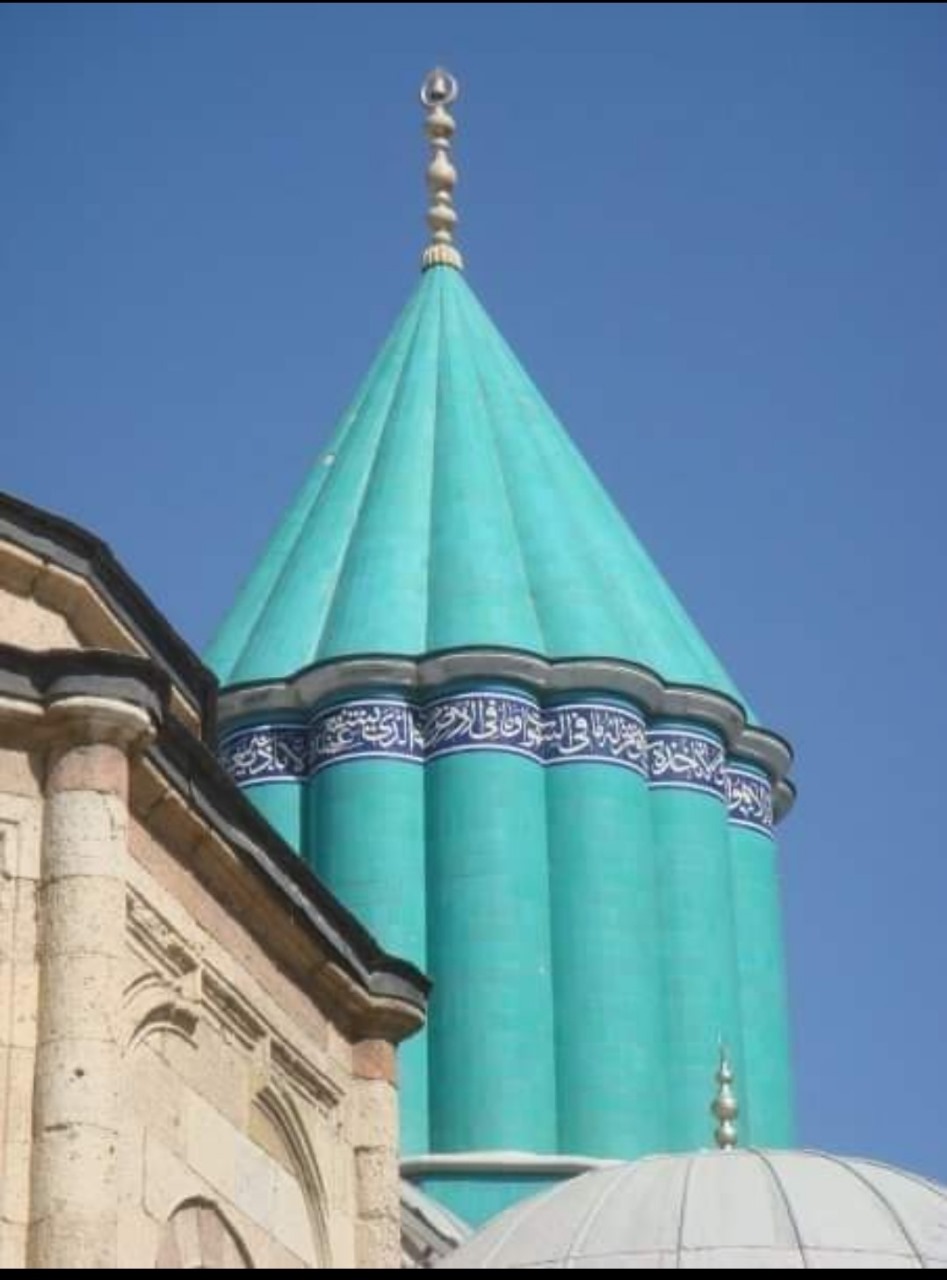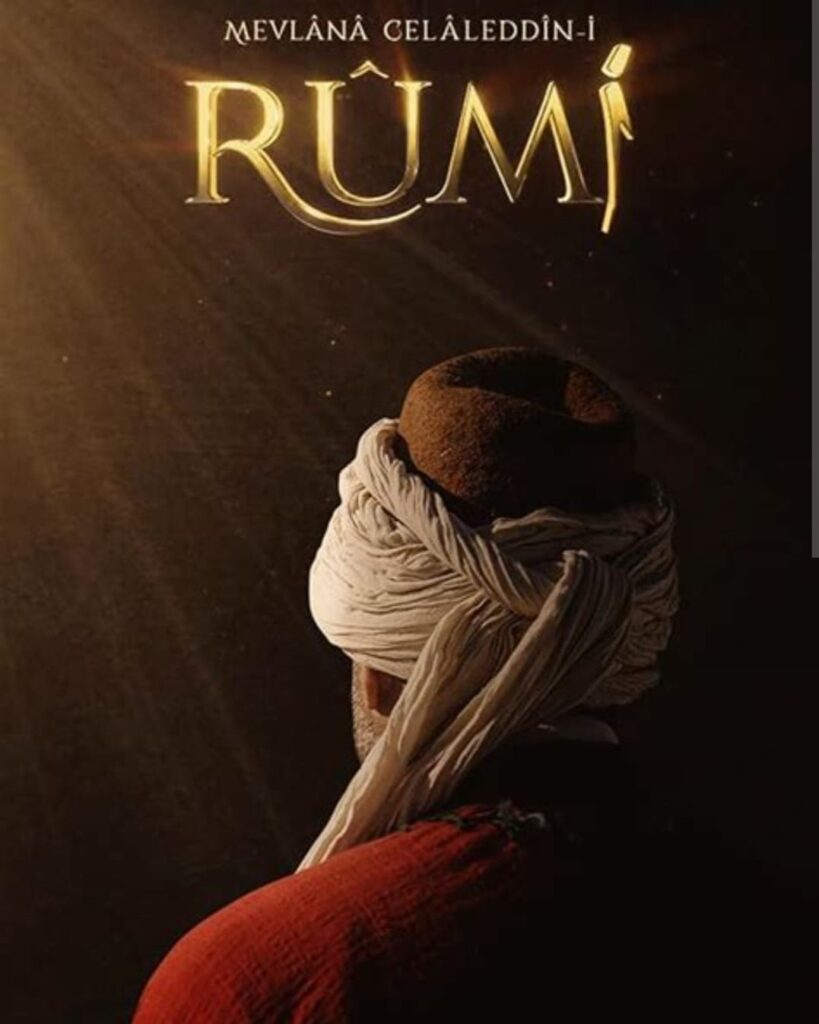Hazrat Yusuf and Mirror
It is the “mirror”- the art of reflection that is the most frequently quoted analogy in the Masnavi. Mevlana speaks of the job of mirror: We find ourselves in others, we discover our own existence in the existence of others.
Reflection is an operation that consists of treating the circumstances in which one is as an object and looking at it, with reflection responsibility arises. Mevlana poses a great challenge to everyone who aspires to grow in person or in his/her relationship with life. What is better for humanity? Thoughtful following of a tradition or aimless imitation of certain stereotypes in behavior and conduct?
We cannot practice or follow anything unless we have a touchstone, a true standard against which the merits and demerits of our performance can be measured and evaluated. However, Islam is a Deen in favor of humanity where the mercy of God prevails over the wrath. So how can God be so unfair that He does not offer us any standard and expects of us the great performance? So, Allah has blessed humanity with Prophets, saints and sages whose life and lifestyle were a touchstone of merit. All we need is to learn to look into ourselves as we look before a mirror and see if our physical appearance was becoming or not and wherever we find a fault, we immediately correct it, whether it is in our dressing, hairstyle or make up. We try to adorn and ornament ourselves in the best manner to impress and influence others; mostly our intention is to leave a powerful positive impact. Can we repeat such exercise with our values, beliefs, attitudes and morals reflected in our everyday behaviors?
Such a mirror gifted to us by Allah Subhan o Ta’la is the “heart.” Mevlana has drawn our attention to it, to look for the heart; to care for it and do not let it get rusted. The human heart is the mirror where Allah Subhan o Ta’la wants to see His perfect image. If the mirror is rusted that image will never appear in all its brightness, color and form; it will cause pain and loss to the beholder; because beauty brings joy to human life and Allah Subhan o Ta’la is the most magnificent and the most beautiful. Thus quite consciously we have to braze our hearts with the right knowledge so that it may not get rusted. In modern diction it can be called the art of reflective thinking and practice,
constantly examining oneself for self-improvement and knowledge, however, the focus of modern concept is personal professional life, whereas the focus of Mevlana is not just personal but aiming at improvement at overall perspective of life, well defining one’s relationship with oneself, with God, with everything around us, with the whole cosmos within and without us. What is peculiar to human beings is that we can reflect on what we live and say, “I don’t like it!”, and suddenly there we are, going in another direction, and we begin to conserve another manner of living. We are racing behind our self-created shadows; we ride on a wooden horse, and engaging ourselves in some stationary
movements we presume that we are on a ride to spiritual ascension.

A window to Mathnavi Maulvi Ma’nvi
Translation and Commentary Seema Arif
Further Links for Rumi
Mevlana Jalal-al-Din Rumi’s “mirror” is a tool gifted to mankind to adorn not only their selves but beautify their souls in harmony to divine principles taught by Qur’an and practiced to perfection by Hazrat Muhammad (saw).
Excerpt from “Memetic Counseling of Masnavi: An Artless Art of Mevlana,” the paper published in Rumi and Sufi Path of Love. NJ: Light Publishing, 2007.

( Copyright 2024 ) Dr. Seema Arif All rights reserved.
All material on this page is Seema Arif’s original writing. Using it in any form of publication and print media without prior permission will be considered a violation of rights. When quoting research papers, proper referencing should be used.





